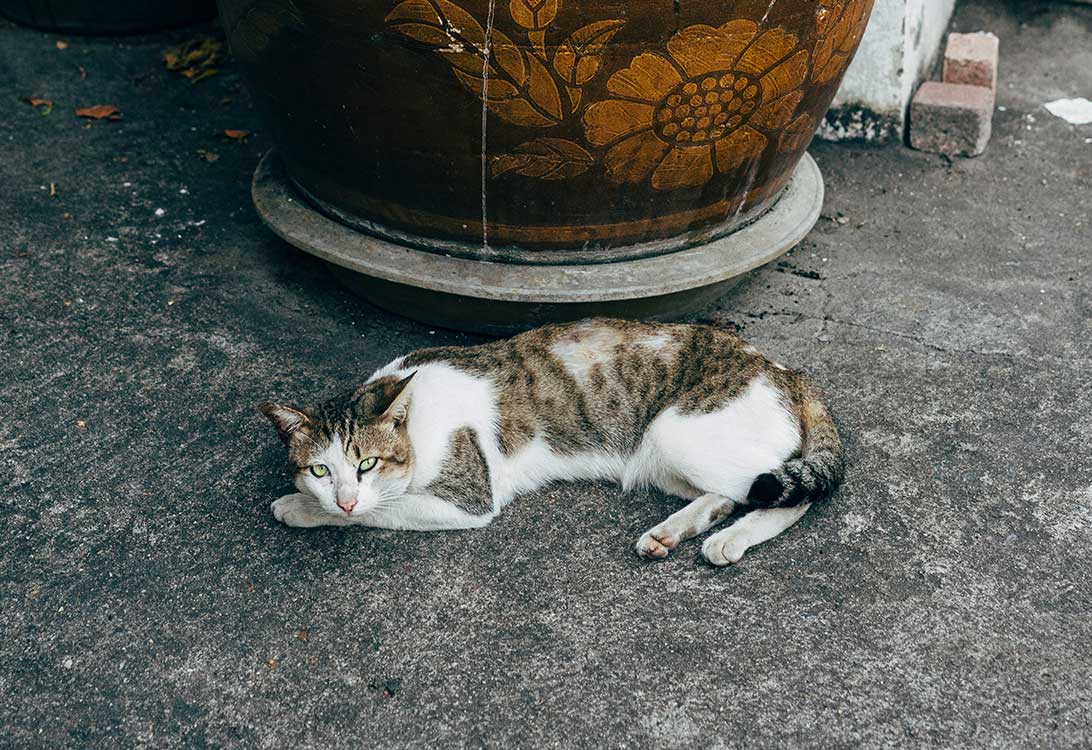3 Signs Your Cat is Having a Medical Emergency

It can be hard to tell the difference between a medical issue and a medical emergency. Understandably, you may not know what to do if your cat shows signs ill health. When should you worry? Should you take him to the emergency vet? Is it something serious?
Is your cat having a medical emergency? Here are three ways to tell:
1. Difficulty Breathing
Breathing regulates our bodies; it does the same thing for animals. If your cat is showing signs that it’s suddenly difficult to breathe, take him to an emergency vet as soon as possible. Signs of altered breathing can include:
- Short and/or uneven breaths
- Raspy breathing or wheezing
- Inability to breathe at all (check mouth for obstruction)
- Very rapid breathing
- White or blue gums (indicative of lack of blood flow)
Note that there’s a difference between difficulty breathing and panting. Cats sometimes pant to cool themselves off or when they’re stressed, but panting will never seem labored or painful. Remember, when transporting a cat who’s having a medical emergency, it can be helpful to put him in a carrier or drape a very thin towel over his head to minimize biting. Be sure the towel doesn’t impede his ability to breathe further.
2. Sudden Lethargy or Loss of Motor Control
If your cat suddenly turns into a rag doll, something is probably wrong. Generally, cats have very controlled motor skills; a loss of coordination or depth perception might be signs of a problem. Things to look for include:
- Sudden collapse
- Difficulty walking or standing
- Inability to follow object with his eyes
- Obvious seizures
- Inability to rouse (extreme lethargy)
There are a number of issues that could lead to sudden motility issues, some serious, some not. Seizures, tumors, aneurysms, and even intestinal blockages might all result in motion problems and should be diagnosed by a qualified veterinarian.
3. Severe Vomiting
Pets throw up; it’s normal. What is not normal is excessive, painful, or continuous vomiting by your cat. Vomiting is the body’s way of expelling something it has deemed hazardous. For cats, extreme vomiting can be caused by any number of things including ingestion of a toxin, intestinal ruptures, blunt trauma (such as after fight with another animal) or a severe infection. If your cat is vomiting excessively and/or if that vomiting is accompanied by blood, call an emergency vet right away. At the very least, a veterinarian can help you make your cat more comfortable if the issue isn’t serious. Be sure to watch for signs of choking including pale gums, difficulty breathing, or listlessness until the vomiting clears.


